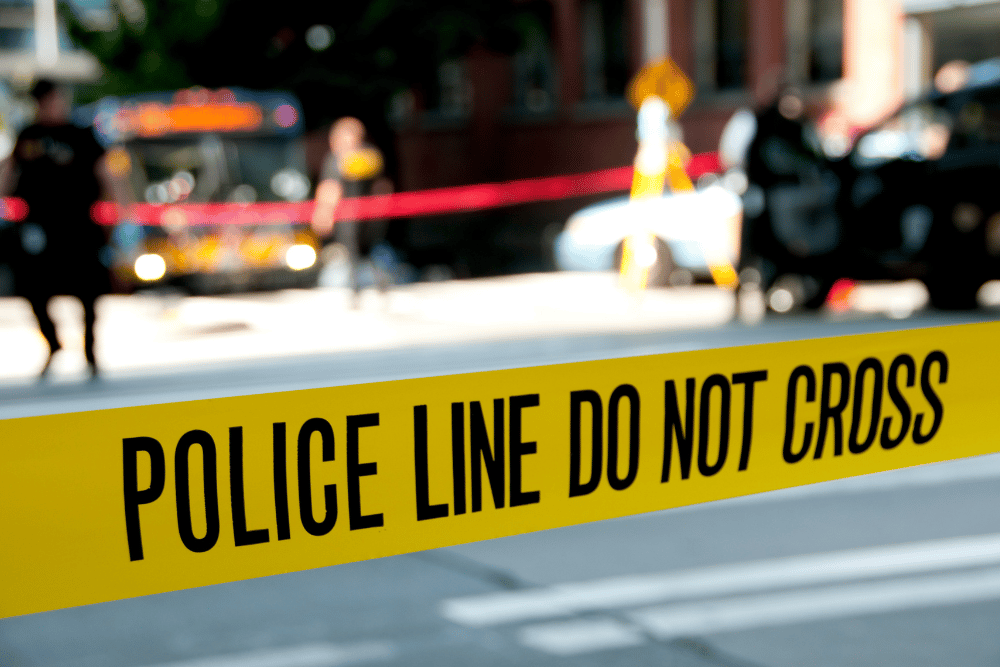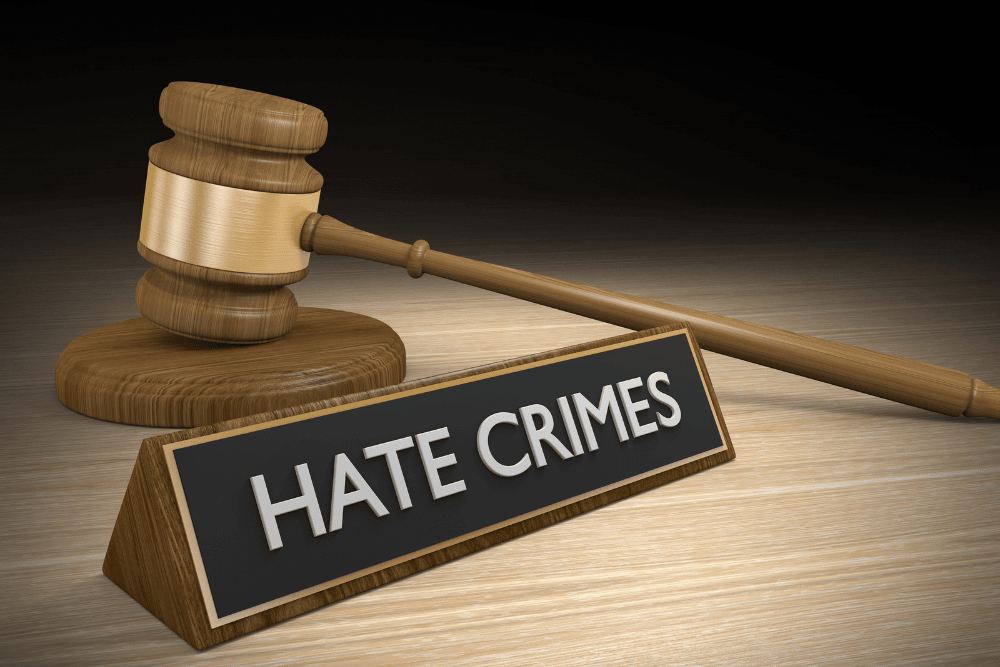On August 3, 2019, a gunman entered a Walmart in El Paso, Texas, and opened fire, killing 23
people and injuring 23 others. The shooter later told authorities that he had specifically targeted
Latinos and that his actions were motivated by hatred and bigotry.
In February 2021, the Department of Justice announced that it was filing 90 federal hate crime
charges against the shooter, marking it one of the largest such cases in US history. This El Paso
case serves as a motivation for the federal government to have strong laws as a way to combat
hate crimes and gun violence.
Federal Hate Crime Laws
The federal hate crime charges against the El Paso shooter are significant not only because of the number of charges but also because they demonstrate the government’s commitment to hold individuals accountable for crimes are motivated by hate.
Federal hate crime laws were enacted in the late 1960s and early 1970s to address the fact that state and local authorities often failed to adequately prosecute hate crimes. These laws gave the federal government the authority to investigate and prosecute hate crimes that involve a violation of a person’s civil rights, such as violent acts committed because of the victim’s race, religion, or national origin.
In 2009, these laws were expanded to include crimes motivated by a victim’s gender, sexual orientation, gender identity, or disability.
However, hate crime laws are only effective if they are enforced. Despite the existence of federal laws, hate crimes continue to occur at an alarming rate, particularly against marginalized communities. Additionally, hate crimes often go unreported, and many states lack comprehensive hate crime laws or fail to provide adequate training to law enforcement officials on how to recognize and respond to hate crimes.
Charges Filed Against the El Paso Shooter.
In the case of the El Paso Walmart shooting, the shooter was charged with 90 federal hate crimes. This included 22 counts of hate crimes resulting in death and 45 counts of hate crimes resulting in bodily injury. These charges carry serious penalties, including life imprisonment or the death penalty.
In addition to hate crime laws, federal weapons laws also played a role in the El Paso shooter’s case. The shooter was charged with one count of using a firearm to commit murder and another count of using a firearm during a crime of violence. These charges carry additional penalties and can result in longer sentences.
The Federal Government Response to the El Paso Walmart Case.
While the El Paso shooter’s case is an extreme example, it reiterates the importance of federal hate crime and weapons laws in protecting individuals from violence and holding perpetrators accountable for their actions. According to the U.S. Department of Justice, hate crimes remain a serious problem in the United States, with more than 7,100 incidents reported in 2019 alone
To combat hate crimes, federal law enforcement agencies work closely with state and local authorities to investigate and prosecute these crimes. In addition to criminal penalties, hate crime laws also provide for civil remedies, such as injunctive relief and damages.
In response to the El Paso shooting, some lawmakers have called for a renewed push for federal gun control legislation, such as expanded background checks and a ban on assault weapons. These proposals are often met with resistance from gun rights advocates and it is a delicate balance between the right to bear arms and the right to live free from the threat of gun violence.
As we move forward, federal hate crime and weapons laws will continue to be reviewed and lawmakers will debate stricter penalties.. The Department of Justice provides a range of resources to help law enforcement agencies, prosecutors, and communities prevent and respond to hate crimes, including training, technical assistance, and grants.





